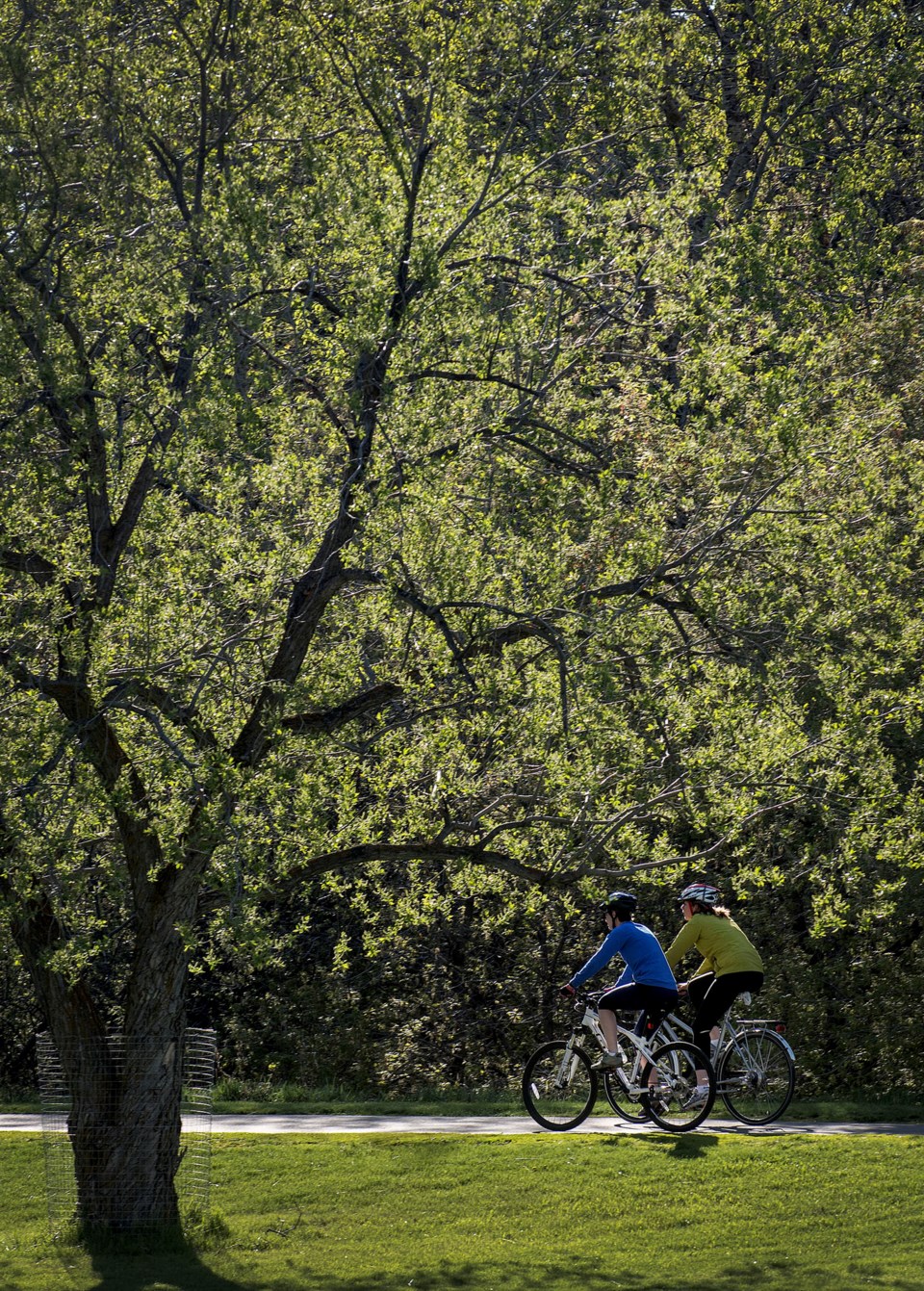New St. Albert resident Jacob Jodoin moved to the city at the end of July for a new start.
“I feel like in Ontario, we're very limited … Housing there's obviously a lot more expensive. They're going through something a little crazy down there, like a normal detached home — it's like a million dollars,” he said.
Jodoin, his wife, and children are some of the many people who have left — in his case Oshawa, Ont. — for Alberta this year.
Alberta experienced its largest first-quarter inter-provincial migration gains since 2015, according to data released by the province during the first-quarter fiscal update on Aug. 31.
As of April 1, Alberta had added 20,431 residents in the first quarter of 2022 and the total population of the province was 4,500,917.
According to the province, 1,315 people moved to Alberta from Manitoba, and 932 people moved to the province from Saskatchewan.
Most of the people moving to Alberta came from Ontario, at 3,577.
It took Jodoin and his wife two years before they actually made the move. He said they wanted to start fresh and help the future of their children who are two years old and seven months.
“It's a way better place, St. Albert, specifically, a way better place to raise family. Where I was from, there's a lot of crime. Here, I very rarely see police here. So, I definitely feel a lot happier raising kids here,” he said.
There is also the potential of owning a home in St. Albert. Jodoin said they are currently renting, but in five to 10 years he can see them purchasing a home.
“Ontario was like a 20-year plan. It’s nice to have those options,” he said.
Jodoin said the $1,550-per-month two-bedroom-plus-den unit they are renting here would be more than $2,000 per month in Oshawa.
Not only is housing cheaper in Alberta, but Jodoin said he has more money in his pocket.
“My first week here when I was talking to people, they say you make more here and I never understood because my wage didn't increase but the income tax is less,” he said.
However, not everything is cheaper.
“You just have to look where you're shopping,” he said.
Julia Borizki moved to St. Albert with her husband and three children on Aug. 15. She has noticed produce is a bit more expensive here than it was in Newmarket, Ont.
“We have friends in Newmarket who go to Costco, and they'll tell us a watermelon there is $9.99. Here, I think it's $14,” she said.
Borizki said her other bills are about the same and housing in St. Albert is half the cost of what it was in Newmarket.
“We loved our town, but just the cost of living kept going up and we really wanted to be able to maintain our lifestyle, but it was just becoming unattainable there,” she said.
Lifestyle might not be the first word that comes to mind when one thinks of the benefits of living in Alberta when our western provincial neighbour has an overflowing cup of wineries and hot springs, but data from the province showed Alberta beat out British Columbia for the highest net gain in inter-provincial migration.
For the second quarter in a row, the report read, Alberta’s net inter-provincial gain of 5,351 people out-paced B.C.’s gain of 3,051 people.
For Borizki, living in Alberta meant they could have time for hobbies and the outdoors, and they would no longer have to work extra shifts to afford the everyday things.
On top of that, Borizki has met many people in St. Albert who previously lived in Ontario.
“Whether it was a student or when they were working part time or when they just moved to this country, if they're a newcomer, and then eventually they settled here. I find that that was really interesting,” she said.
Borizki said her neighbours have been fantastic, but it has been more difficult for her teenage children to adjust.
“I think the adults get the hang of [welcoming newcomers], but the kids don't always know how to. I feel Ontario was such a melting pot. It was so diverse that kids just naturally all got along, because they kind of are all in that same situation. They all came somewhere different.
“But here I find the kids are not as experienced welcoming newcomers, so for parents, just [have] conversations with their kids about what it must be like when someone new comes in, you know how it's hard for them to make friends,” she said.




